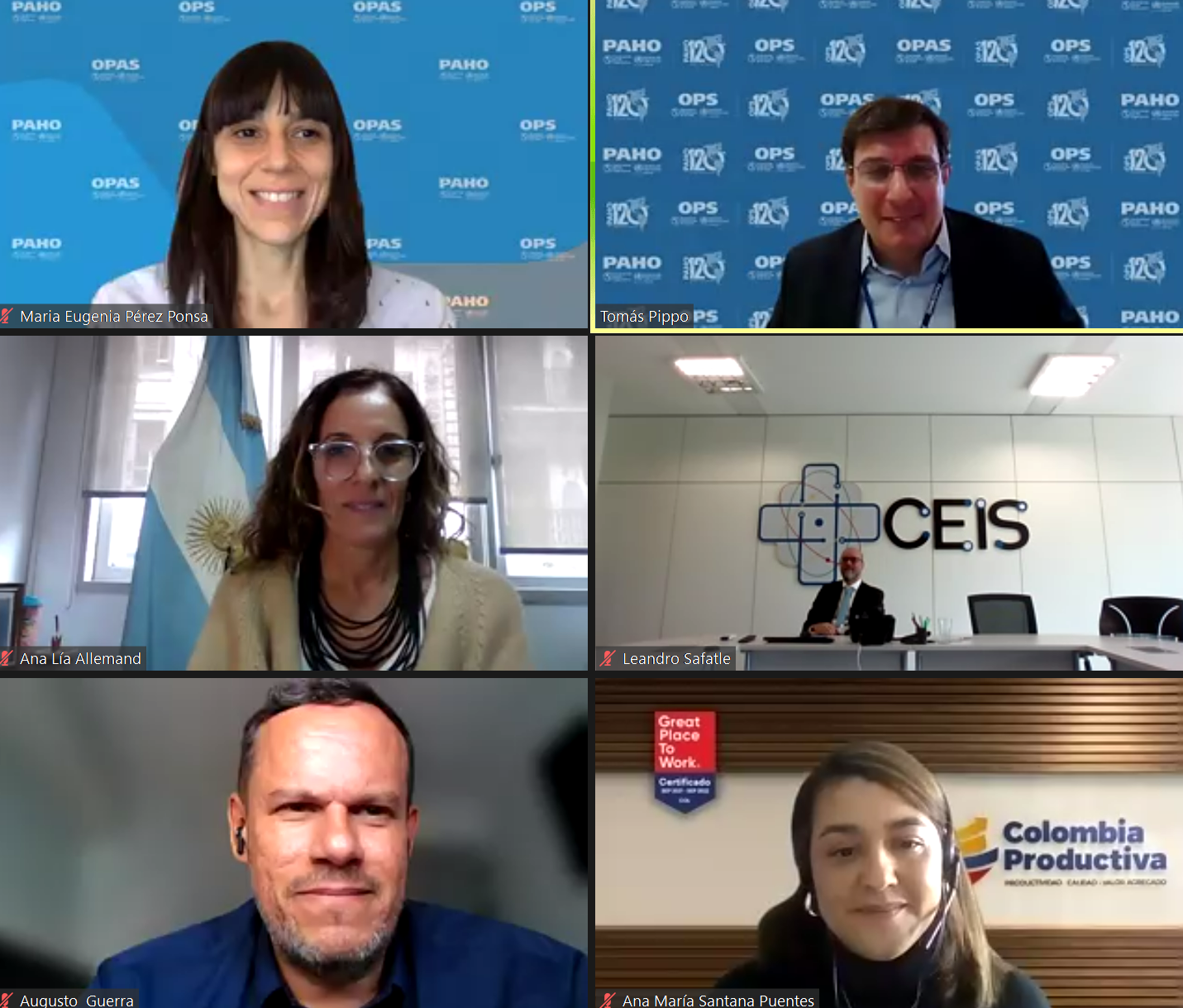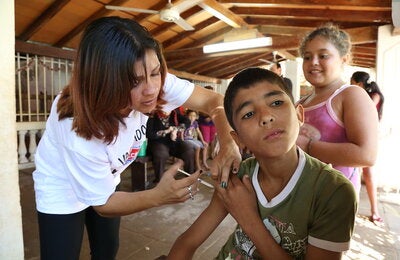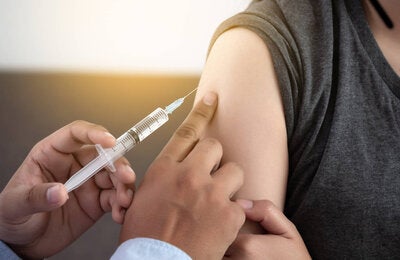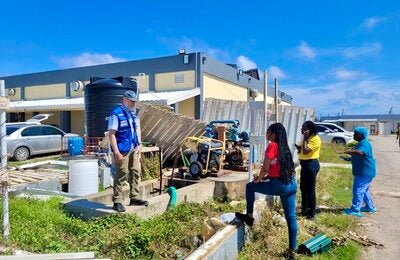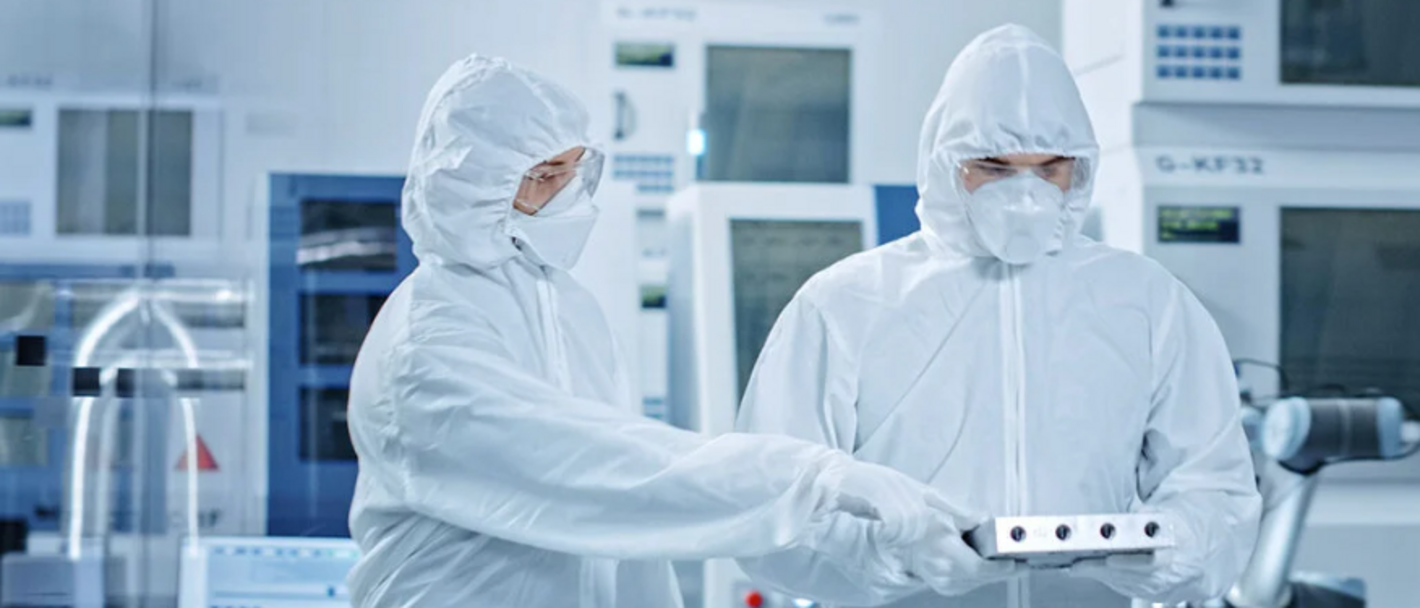
Washington, DC, October 3, 2023 (PAHO/WHO) - within the scope of the activities of PAHO/WHO Innovation and Regional Production Platform* (RP) in the Americas, this event was held with the participation of national and international organizations, universities, research centers and participants from the private sector from 42 countries.
The meeting began with the presentation of the Chief a.i. of the Special Program of the PAHO Regional Innovation and Production Platform, Tomás Pippo, who highlighted the importance of promoting these spaces for the exchange of good practices, successful experiences and challenges faced. He stressed that the production and exchange of information is a key input for the design of policies and implementation of actions to strengthen regional development and production capacities, to respond to the region's health needs and to be better prepared for future emergencies.
During the webinar, the preliminary results of a PAHO´s study of the Policy Ecosystem to increase the production capacity of medicines, vaccines and other health technologies in the Region were presented, which has been done in collaboration with the Research Group of the SUS Collaborating Center for the Evaluation of Technologies and Excellence in Health (CCATES), belonging to the Federal University of Minas Gerais (UFMG).
The Associate Professor of Health Policies and Coordinator of CCATES at UFMG, Augusto Alfonso Guerra, presented conclussions of the study whose objective is to analyze the public policies of a group of countries (Argentina, Brazil, Chile, Colombia, Costa Rica and Mexico) describing the aspects linked to the ecosystem for development and production of health technologies and highlighted the vision of the Research Group on some of its most relevant dimensions.
Experiences related to policies implemented by Argentina, Brazil and Colombia were also presented. The President of the National Agency of Public Laboratories (ANLAP) of the Ministry of Health of Argentina, Ana Lía Allemand, highlighted the role of public production laboratories as key players in promoting the availability of strategic medicines through a coordinated work with national health programs. She also emphasized that ANLAP maintains an active agenda in coordination with strategic actors of the science, technology, regulation and production system in each of the links of the productive value chain.
In her presentation, the Coordinator of Colombia Productiva, Ana María Santana Puentes, highlighted the reindustrialization policy implemented in Colombia, which also includes a public health perspective, and the development of a business plan for the pharmaceutical sector where initiatives were established related to the development of local capacities to produce inputs, medicines and vaccines based on the strengthening of research capacities, the development of public-private partnerships and the articulation between academia and industry.
The panel of presentations was concluded by the Director of the Department of the Health Economic-Industrial Complex (DECEIIS) of the Secretariat of Science, Technology, Innovation and Health Complex (SECTICS) of the Brazilian Ministry of Health, Leandro Safatle, who pointed out the need to move towards convergence between health, innovation and industrial development policies. He described the national strategy for the development of the Health Industrial Economic Complex based on the definition of the priority demands of the Ministry of Health, highlighting the strengthening of local production, the articulation of financing instruments, regulation and the purchasing power of the State, the creation of an environment that favors investment and sectoral innovation and the promotion of research.
This event was supported by Global Affairs Canada (GAC).
* The PAHO/WHO Innovation and Regional Production Platform is a Special Program whose objectives include promoting dialogue and the exchange of experiences, identifying opportunities for cooperation and coordinating initiatives aimed at increasing regional research, development and production capacities and improving equitable access to medicines, vaccines and other health technologies.

